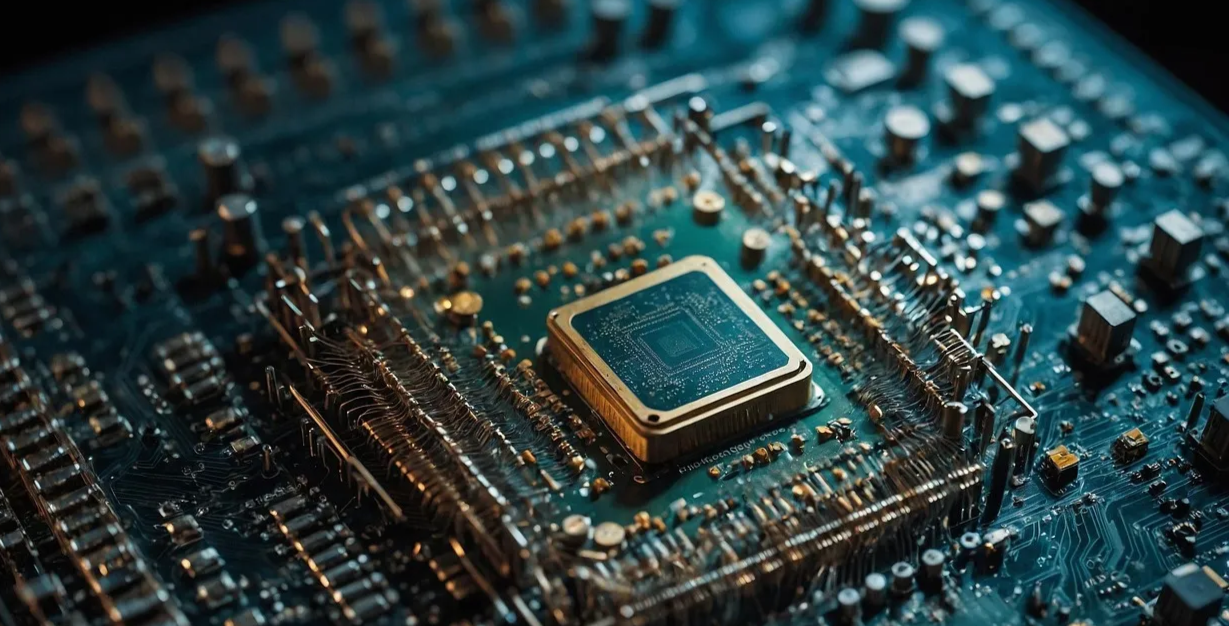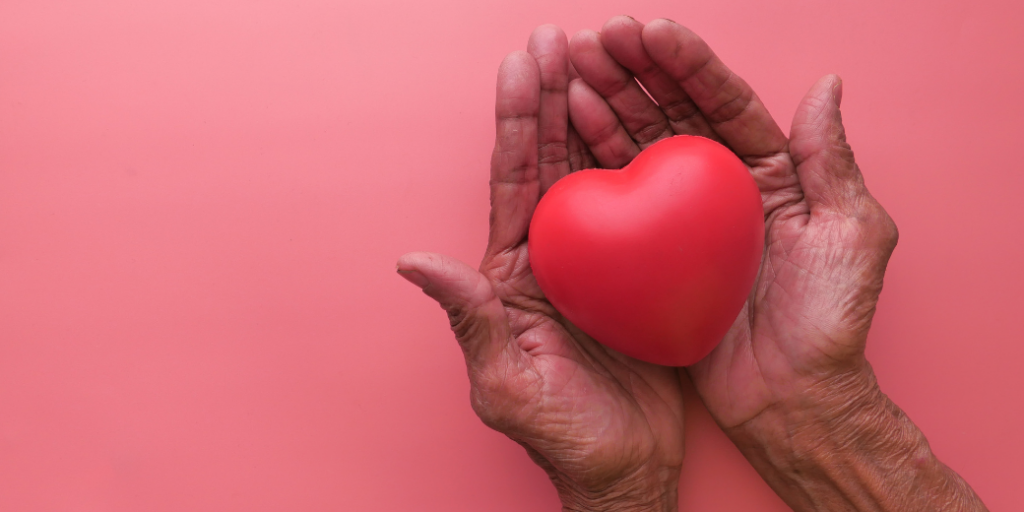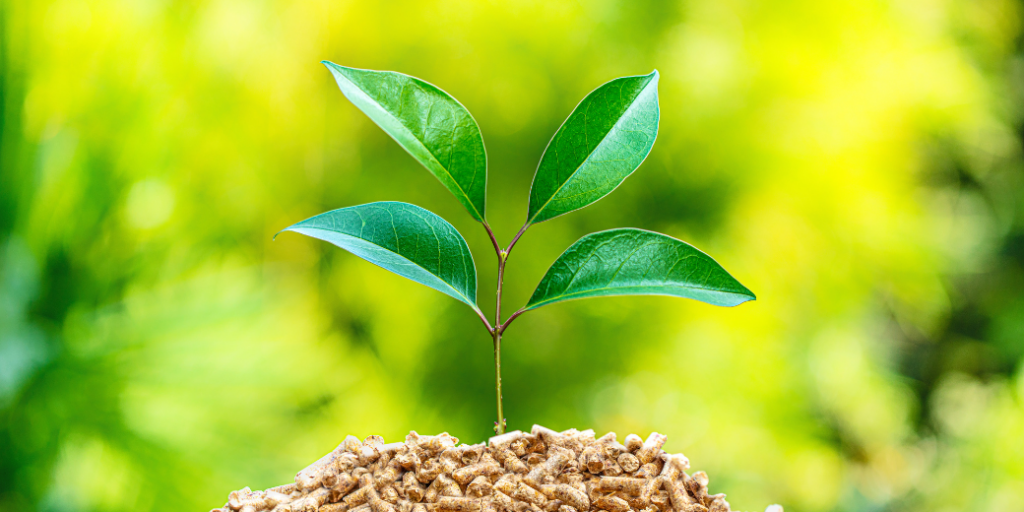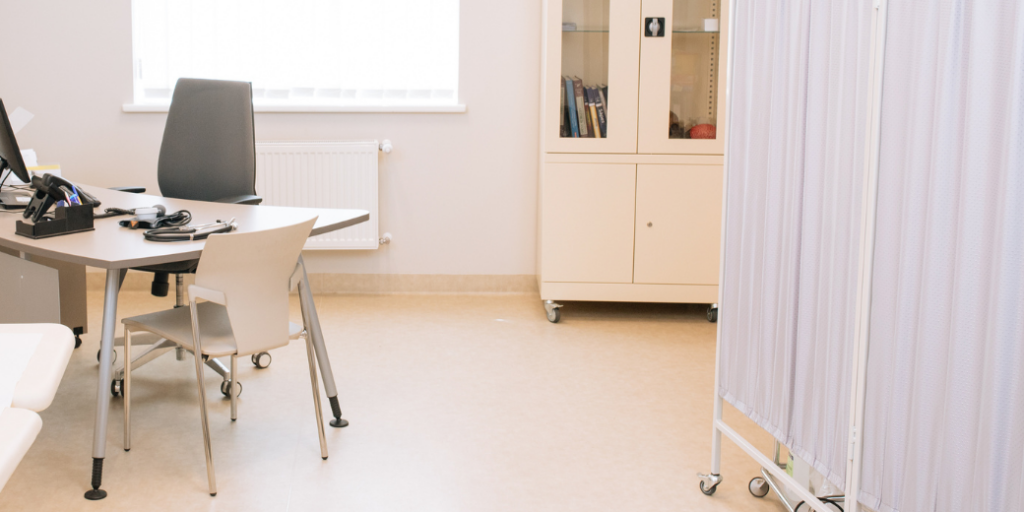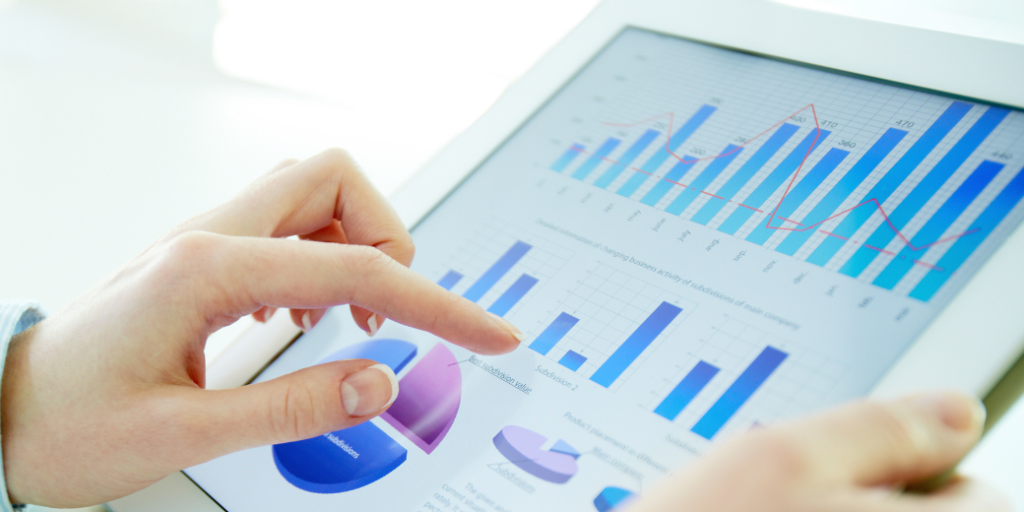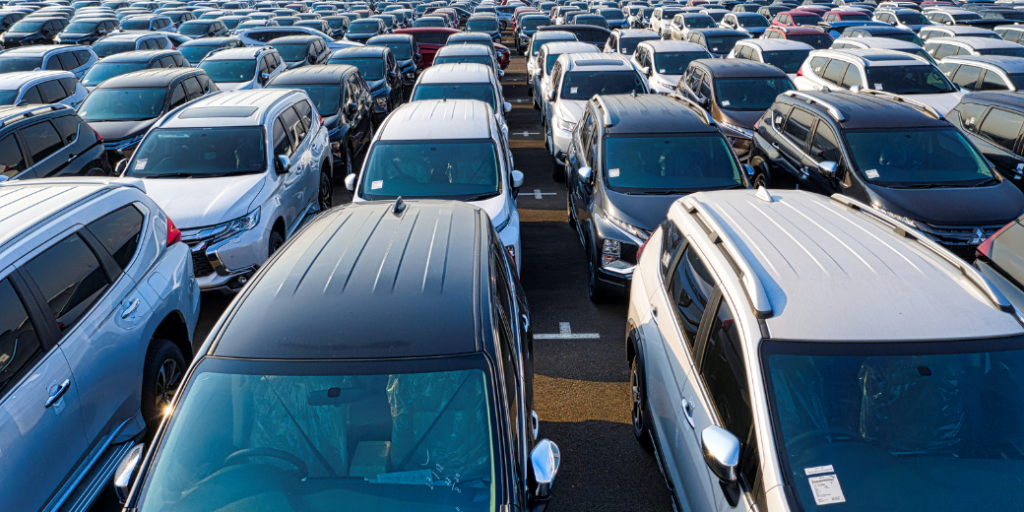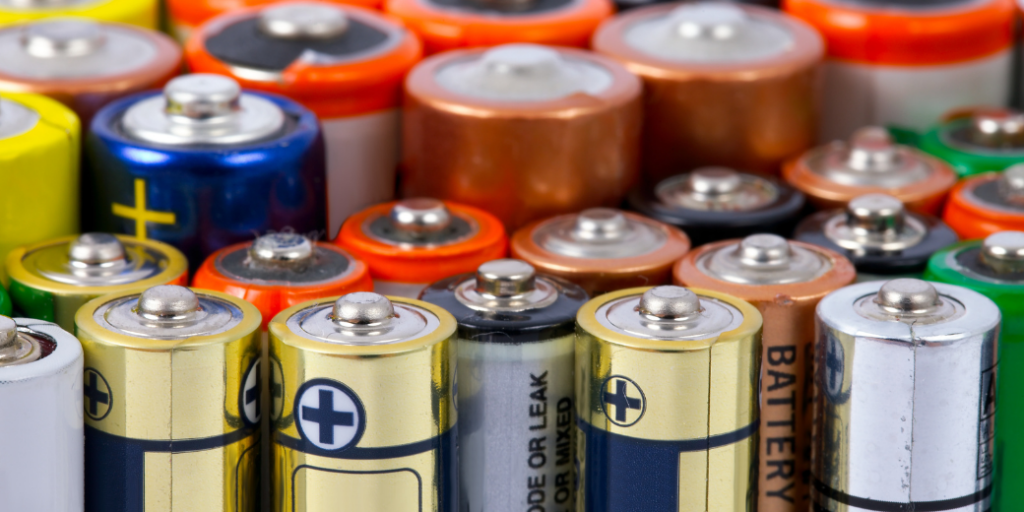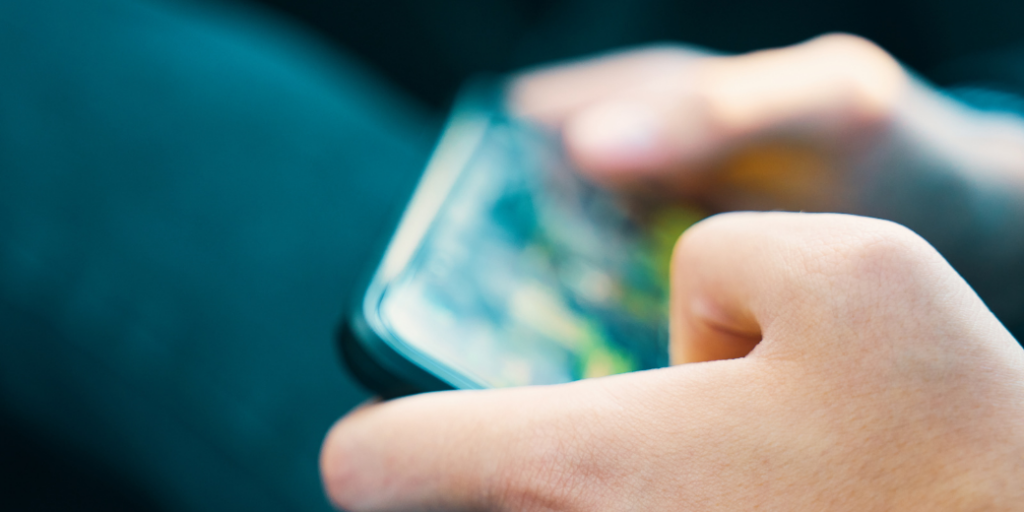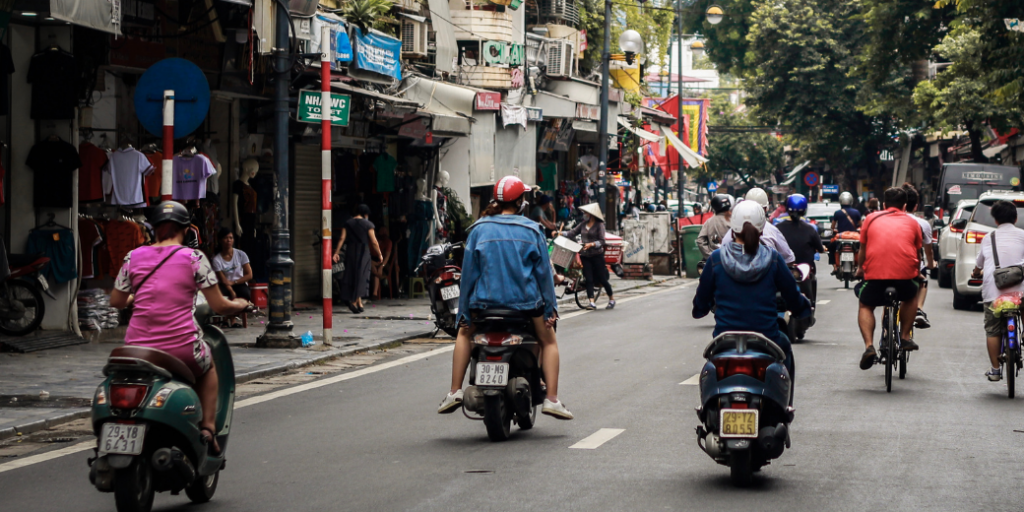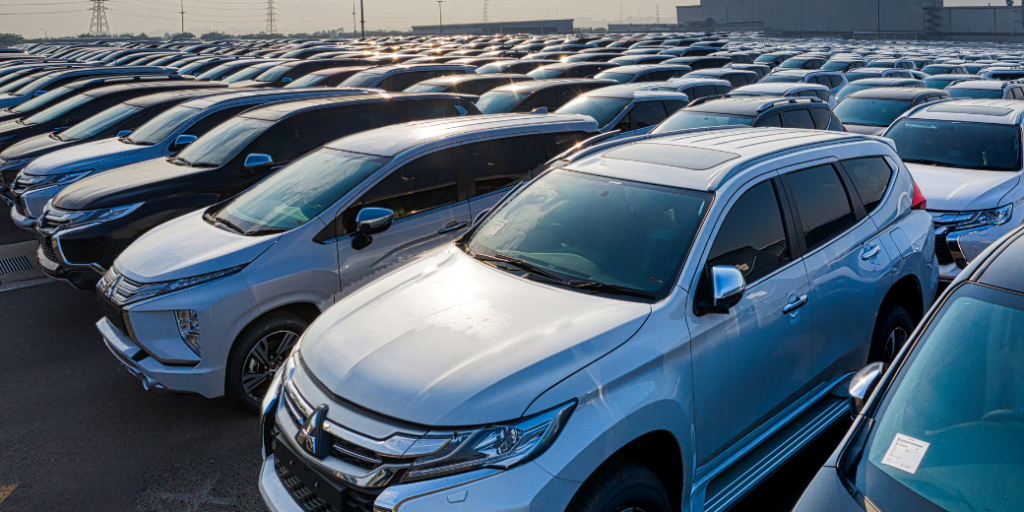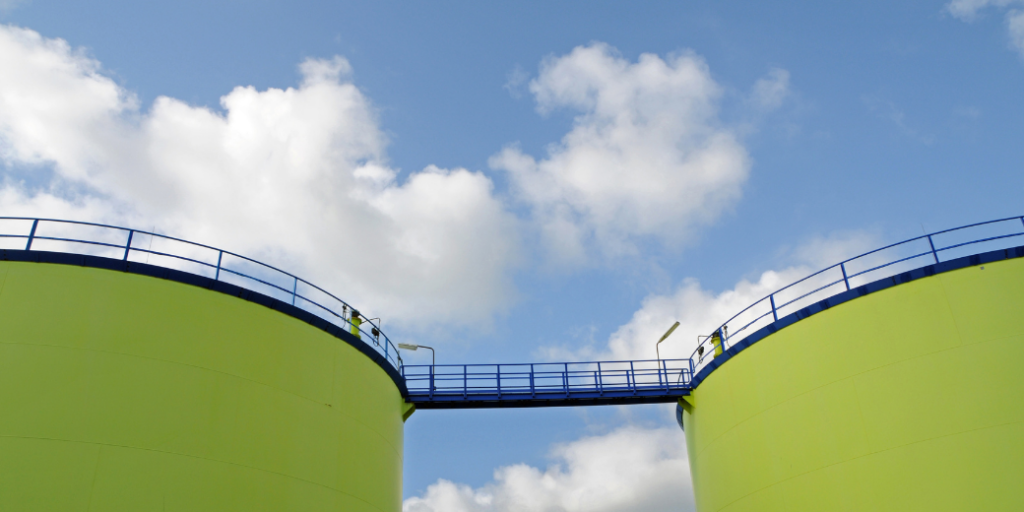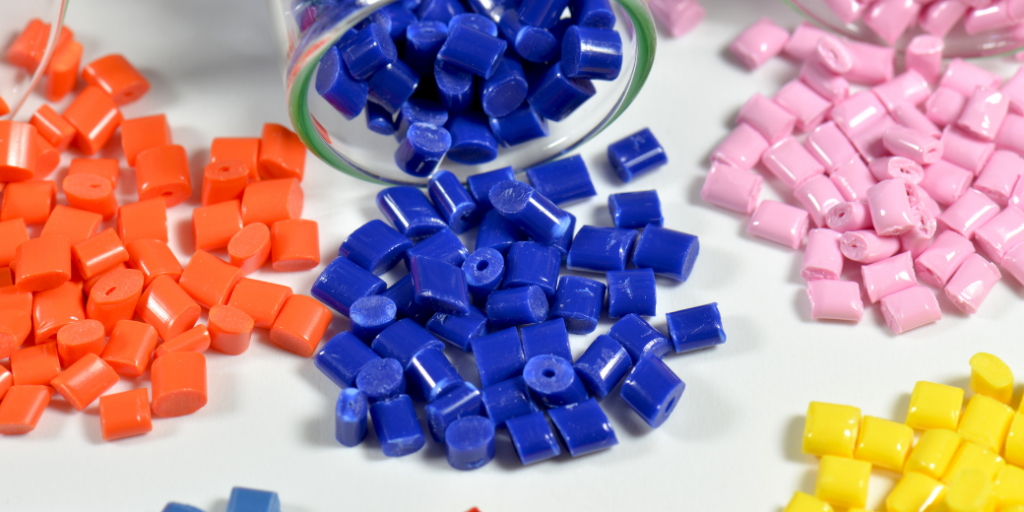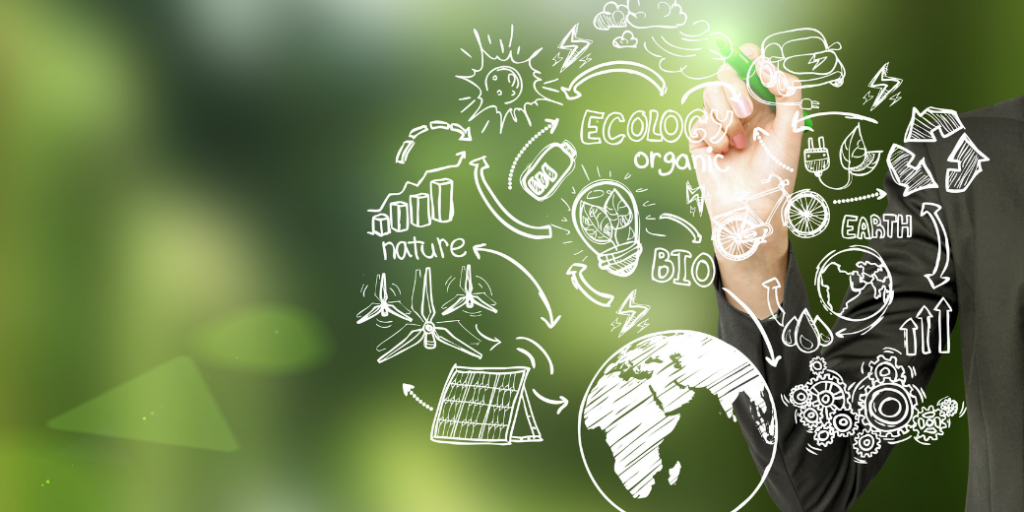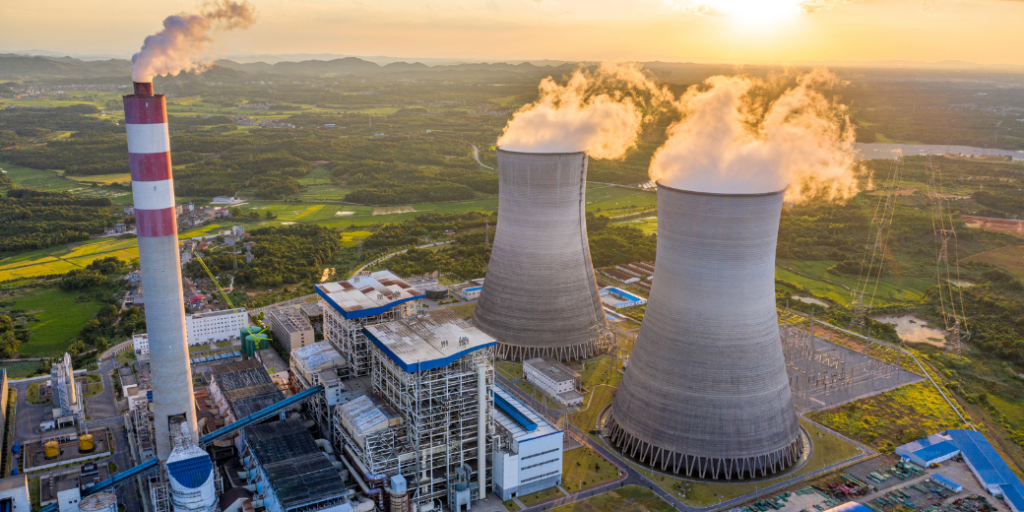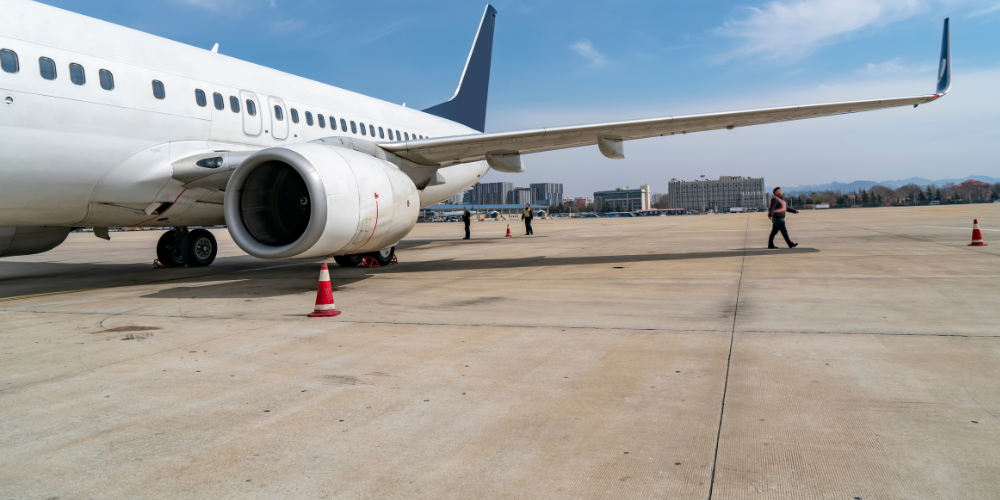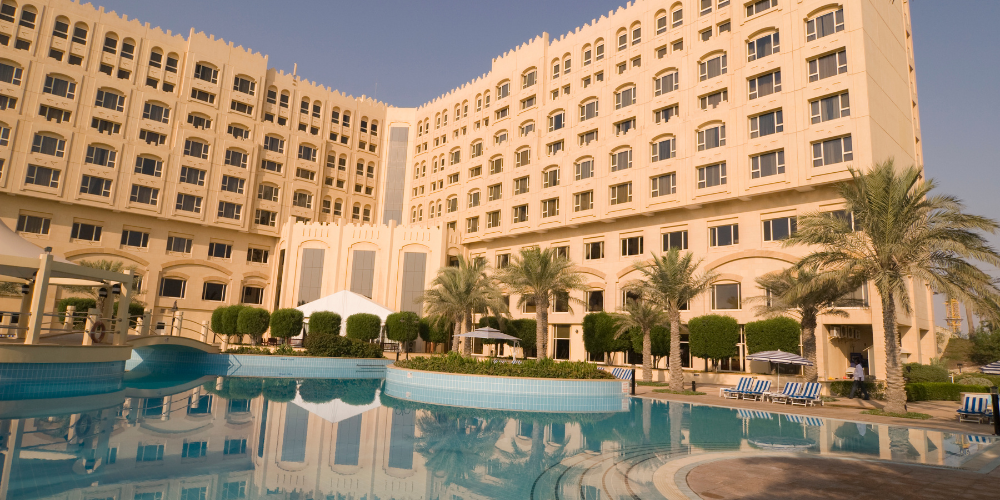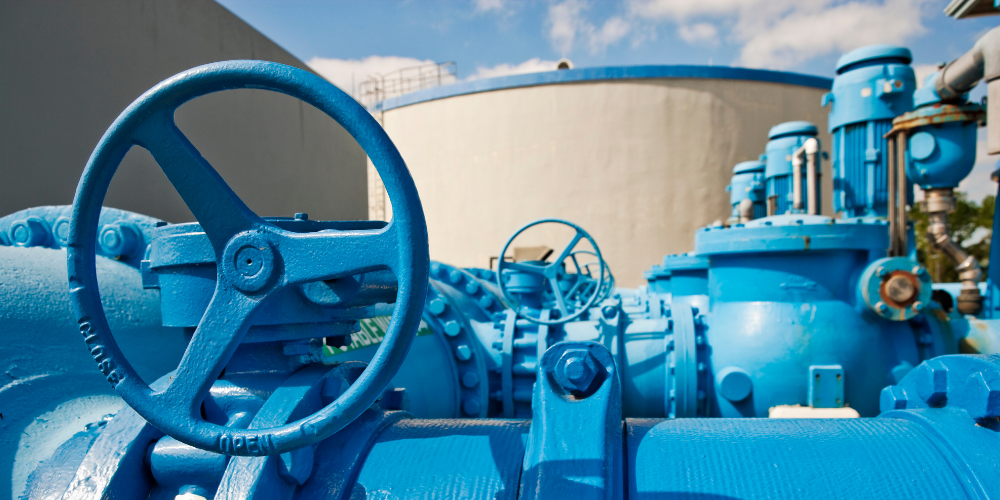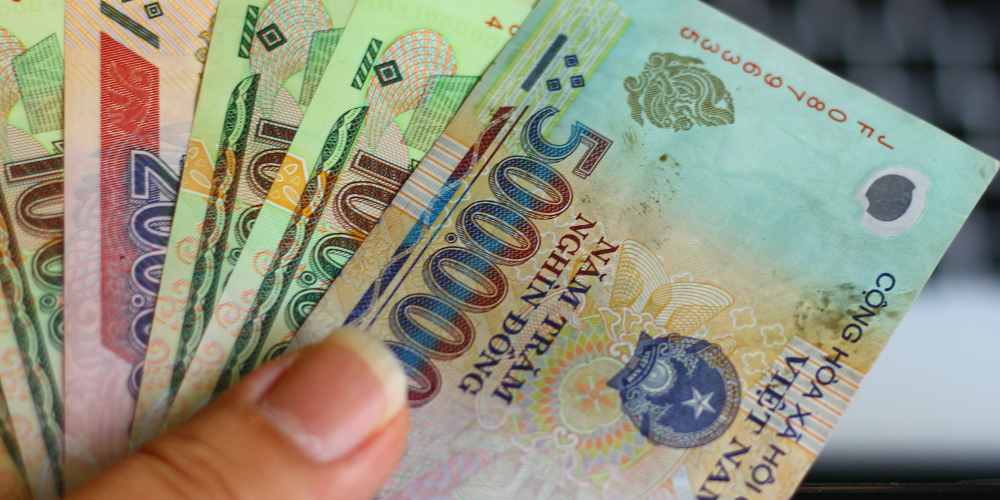Industry Reports
Battery Recycling Revolution in Southeast Asia
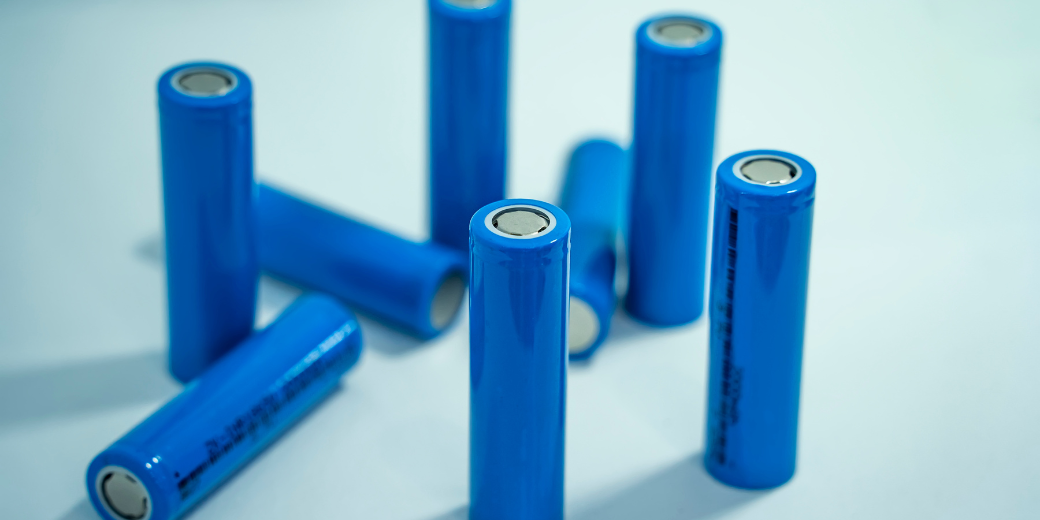
Summary
Southeast Asia leads in battery recycling innovation, driving sustainability with lithium-ion & lead-acid recycling technologies. Explore growth, reuse, and eco-solutions.
Overview of the Battery Recycling Industry
| SEA Leads the Way in Battery Recycling and Reuse
Southeast Asia is emerging as a leader in the global battery recycling market, with innovative companies like SK TES paving the way. As the demand for electric vehicles (EVs) and consumer electronics surges across the region, the importance of sustainable battery recycling has never been greater. This growing industry not only addresses environmental concerns but also supports the circular economy by reclaiming valuable resources. In this article, we cover the developments shaping the future of battery recycling in SEA, exploring how technological advancements and regional initiatives are driving this vital transformation.
Secondary batteries, especially lithium-ion and lead-acid, are pivotal in reducing environmental impact and enhancing resource efficiency. By recovering valuable materials through recycling, SEA is reducing its reliance on raw material extraction and aligning with global sustainability goals. These batteries serve as a cornerstone for the region’s shift to sustainable energy solutions.
| Lithium-Ion and Lead-Acid Batteries: Different Strengths in Recycling
Lithium-ion batteries, essential for EVs and renewable energy storage, are driving the push for advanced recycling technologies. Their material recovery process, focusing on lithium and cobalt, aligns with the growing demand for sustainable waste management in SEA’s booming EV market.
Lead-acid batteries offer a well-established recycling model with high recovery rates for lead and sulfuric acid. SEA’s expertise in this area supports its automotive and industrial sectors, showcasing a successful precedent for managing other battery types sustainably.
Source: ASEANStatsDataPortal | Visual Capitalist | The Straits Times based on Bloomberg New Energy Finance (NEF)
SEA’s Focus on Advanced Recycling Infrastructure
Southeast Asia is rapidly integrating these advanced recycling technologies into its infrastructure to manage the growing volume of EV and electronic batteries. Facilities equipped with hydrometallurgical and pyrometallurgical capabilities ensure compliance with environmental regulations and meet the region’s economic demands. Below are the key recycling processes.
| Hydrometallurgical Process
This process uses chemical leaching solutions to extract valuable metals like lithium, cobalt, and nickel from end-of-life batteries. The method is particularly suited for recycling lithium-ion batteries due to its higher recovery rates and reduced environmental impact compared to traditional methods. SEA is increasingly adopting hydrometallurgical techniques to align with sustainability goals and recover high-purity materials efficiently.
| Pyrometallurgical Process
Pyrometallurgical recycling involves high-temperature smelting to break down battery components and recover metals. This method is effective for handling large volumes of battery waste, including lead-acid batteries. Facilities in SEA often combine pyrometallurgical methods with mechanical pre-treatment to optimise efficiency and minimise waste.
Growth Drivers Derive from EV, Electronics, and Renewable Sectors
| SEA’s Battery Recycling Growth is Driven by Increasing EV Adoption
The rapid adoption of EVs in Southeast Asia is a significant growth driver for the battery recycling industry. As regional governments incentivise EV production and use, the volume of end-of-life lithium-ion batteries is projected to surge. This trend necessitates advanced recycling solutions, positioning SEA as a vital player in the global circular economy for EV components.
| Electronics Demand Bolsters Battery Recycling Potential
The thriving consumer electronics market in SEA adds further momentum to battery recycling. With the region’s rising middle class and increasing reliance on portable devices, the demand for effective recycling of small-format lithium-ion batteries continues to expand. This offers substantial opportunities for companies focusing on battery reuse and material recovery.
| Renewable Energy Storage Accelerates Investment Opportunities
The growing emphasis on renewable energy in SEA has catalysed demand for large-scale battery storage systems. As solar and wind energy projects gain traction, the need for recycling facilities for these high-capacity batteries is set to rise. Investors are likely to capitalise on this emerging market, which aligns with global sustainability targets and regional green energy initiatives.
By leveraging these growth drivers, Southeast Asia’s battery recycling industry offers a compelling case for investment, driven by technological advancements and an increasing focus on environmental sustainability.
Source: Mordor Intelligence | Technavio | The Strait Times based on BloombergNEF | Economic Research Institute for ASEAN and East Asia (ERIA)
Foreign Partnerships Boosting Southeast Asia
Southeast Asia’s battery recycling market has seen significant advancements through strategic foreign partnerships that blend local market access with global expertise. These collaborations are crucial in addressing the challenges of battery waste while promoting sustainable practices across the region.
– Panasonic and 7-Eleven in Thailand: A Consumer-Centric Initiative
One notable partnership is between Panasonic Energy and 7-Eleven in Thailand, which launched a scheme in March 2024 to recycle used dry batteries through the retail chain’s extensive network. This initiative enables convenient battery disposal for consumers, leveraging 7-Eleven’s wide reach to ensure higher collection rates. Panasonic’s expertise in recycling further ensures that collected batteries are processed efficiently and sustainably, contributing to Thailand’s circular economy goals.
– SK TES: A Global Leader Expanding Regional Impact
Singapore-based SK TES, formerly TES, exemplifies foreign collaboration in SEA’s battery recycling landscape. With its proprietary technologies, SK TES transforms used lithium-ion batteries from EVs into energy storage systems (ESS) and high-purity materials such as cobalt and lithium. Its collaborations, including agreements with companies like Durapower and Strides Mobility, extend the scope of recycling and reuse, particularly in Singapore. The opening of SEA’s first lithium-ion battery recycling facility in Singapore further underscores its leadership in the region.
– Collaborative Growth in Indonesia
In Indonesia, a tri-party agreement between Brunp (a Chinese subsidiary of CATL), ANTAM, and the Indonesia Battery Corporation demonstrates a large-scale effort to integrate battery recycling into the country’s EV ecosystem. This partnership highlights Indonesia’s role as a key player in the SEA battery recycling market due to its large automobile sector and increasing focus on EV adoption.
– VinES and Li-Cycle in Vietnam
Vietnam has also benefited from foreign expertise, with VinES partnering with Canada’s Li-Cycle in a long-term battery recycling agreement. This collaboration supports EV manufacturer VinFast while exploring global recycling solutions, underscoring the potential for SEA countries to leverage international expertise to strengthen local industries.
These partnerships illustrate the growing importance of foreign collaborations in SEA’s battery recycling market. By combining local market understanding with advanced technologies from global leaders, the region is poised to lead in sustainable battery waste management and recycling innovation.
New Opportunities in Used Batteries and BaaS
| Second-Life Applications for Batteries: Extending Utility
The concept of second-life applications for batteries is gaining traction in Southeast Asia. After being retired from their primary use, particularly in EVs), lithium-ion batteries often retain up to 70–80% of their original capacity. These batteries are increasingly repurposed for Energy Storage Systems (ESS), supporting renewable energy projects like solar and wind farms. This model maximises the value extracted from batteries before they are ultimately recycled, reducing environmental waste and contributing to a circular economy.
| Battery-as-a-Service (BaaS): Unlocking Flexibility and Affordability
The Battery-as-a-Service (BaaS) model offers another promising avenue for innovation. This subscription-based approach allows users, particularly in the EV segment, to lease batteries instead of purchasing them outright. It lowers the initial cost barrier for EV adoption while ensuring that the service provider handles battery lifecycle management, including recycling. BaaS incentivises proper disposal and aligns with the growing push for sustainability.
| Shifting to Tolling Models: Aligning OEMs and Recyclers
The recycling industry in SEA is exploring tolling models, where recyclers provide battery processing services for a fee while allowing OEMs to retain ownership of recovered raw materials. This approach incentivises manufacturers to recycle more batteries and enables recyclers to benefit from higher demand. Such models could significantly boost the efficiency and profitability of battery recycling as the supply of used batteries increases.
| Opportunities in Export and Global Expansion
SEA-based recyclers are leveraging export opportunities to expand their reach and expertise. For instance, players like SK TES are tapping into markets like Japan, where the demand for recycled materials is high due to a reliance on imported resources. Exporting battery scrap or establishing facilities abroad represents a growing area of investment for established SEA recyclers.
The emerging business models and opportunities in SEA’s battery recycling sector reflect a promising shift towards innovation, sustainability, and resource optimisation, setting the stage for the region’s leadership in the global recycling economy.
Overview of SEA’s Regulatory Framework
Southeast Asia is shaping its battery recycling industry through a combination of innovative policies and regulatory frameworks designed to address environmental challenges and support sustainable industrial growth.
| Singapore’s Extended Producer Responsibility (EPR) System
In 2021, Singapore introduced an Extended Producer Responsibility (EPR) system targeting e-waste, including batteries and solar panels. Under this framework, producers are financially and physically responsible for the collection and safe disposal of discarded items. Singapore also enforces stringent regulations on lead-acid batteries, classified as Toxic Industrial Waste (TIW). These regulations mandate licensed handling and require special transport approvals for shipments exceeding certain quantities, ensuring safety and environmental compliance.
| Indonesia’s Comprehensive Hazardous Waste Management
Indonesia’s policies classify batteries as hazardous waste under Government Regulation No. 101 (2014), requiring licensed management and prohibiting the import of such waste. Additionally, Presidential Regulation No. 55 (2019) outlines strict guidelines for managing battery waste generated by the electric vehicle (EV) industry. These measures ensure sustainable handling and recycling while reinforcing Indonesia’s commitment to environmental health.
| Government Incentives for EV Adoption and Recycling
Across SEA, ambitious EV adoption goals are creating indirect momentum for the battery recycling industry:
- Thailand aims for 30% EV sales by 2030.
- Indonesia and Vietnam target full EV adoption by 2050.
- Singapore plans to phase out internal combustion engine (ICE) vehicles by 2030.
These initiatives necessitate robust infrastructure to manage end-of-life batteries, opening avenues for recycling and reuse advancements. SEA’s evolving policies highlight the region’s commitment to integrating environmental sustainability with industrial growth, positioning it as a key player in global battery recycling efforts.
Source: ERIA | National Environment Agency | The ASEAN Secretariat and UNCTAD | International Council on Clean Transportation based on Ministry of Energy and Mineral Resources
Accelerate Your ASEAN Research with Speeda
Discover the future of sustainability in Southeast Asia with Speeda. Our platform provides comprehensive insights into transformative industries like battery recycling, enabling you to make informed, strategic decisions. Access exclusive reports, industry trends, and expert analysis on the circular economy, EV adoption, and innovative business models like Battery-as-a-Service.
Explore Southeast Asia’s growth drivers with Speeda’s advanced tools and proprietary research, offering data on over 10 million companies and 560 industries. Stay ahead with a platform designed to simplify your research and decision-making.
Sign up for a free trial and unlock the potential of Southeast Asia’s dynamic recycling industry. Transform your research with Speeda—your go-to-platform in understanding Southeast Asia.
